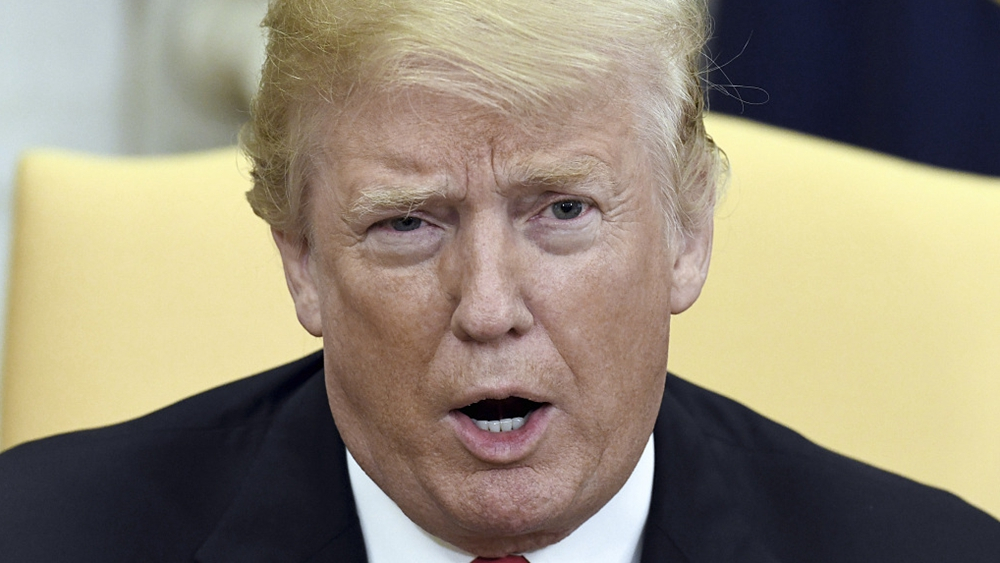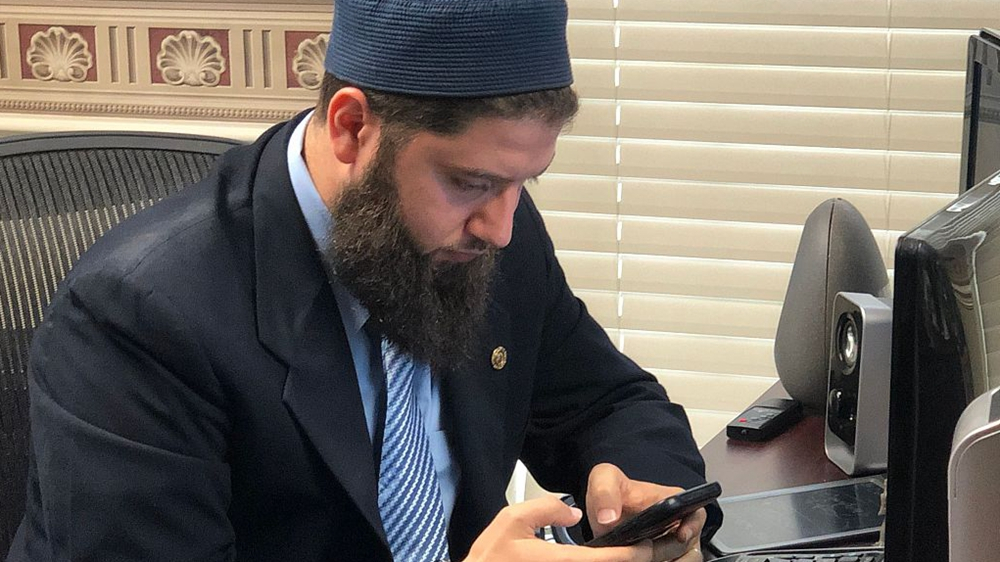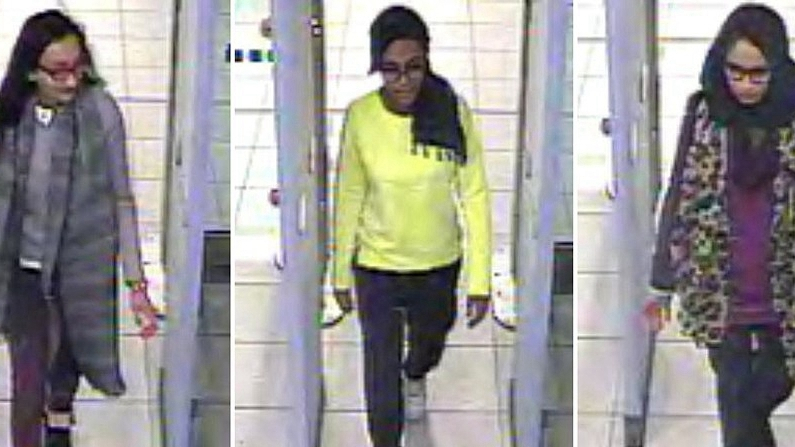
North America
15:20, 21-Feb-2019
Trump bars U.S.-born woman who joined ISIL from returning home
CGTN

U.S. President Donald Trump said on Wednesday he is barring a U.S.-born former propagandist of ISIL from returning home.
Trump's refusal to admit 24-year-old Hoda Muthana comes just as he is pressing Europeans to repatriate their own ISIL fighters and will likely face legal challenges, with U.S. citizenship generally extremely difficult to lose.
Trump said on Twitter he has "instructed" Secretary of State Mike Pompeo "not to allow Hoda Muthana back into the country" – a break with usual U.S. protocol not to comment on individuals' immigration issues.
"Ms. Hoda Muthana is not a U.S. citizen and will not be admitted into the United States," Pompeo said in a statement.
"She does not have any legal basis, no valid U.S. passport, no right to a passport, nor any visa to travel to the United States," he said, urging U.S. citizens not to travel to Syria.
Muthana's lawyer, Hassan Shilby, showed a birth certificate that demonstrated she was born in New Jersey in 1994. "She is a U.S. citizen. She had a valid passport. She may have broken the law and, if she has, she's willing to pay the price," said Shilby.

Hassan Shibly, lawyer for 24-year-old Hoda Muthana, poses in his office in Tampa, Florida, February 20, 2019. /VCG Photo
Hassan Shibly, lawyer for 24-year-old Hoda Muthana, poses in his office in Tampa, Florida, February 20, 2019. /VCG Photo
He said Muthana wanted due process and was willing to go to prison if convicted. "We cannot get to a point where we simply strip citizenship from those who break the law. That's not what America is about. We have one of the greatest legal systems in the world, and we have to abide by it."
Muthana, raised in a strict household in Alabama, said she was brainwashed by social media messages and headed to Syria without her parents' knowledge in 2014.
She used to post vivid calls on social media to kill Americans, glorifying the ruthless extremist group that for a time ruled vast swathes of Syria and Iraq.
But with ISIL down to its last stretch of land, Muthana has said she has renounced extremism and wants to return home with her toddler son, born to one of her three militant husbands.
"To say that I regret my past words, any pain that I caused my family and any concerns I would cause my country would be hard for me to really express properly," she said in a handwritten note to her lawyer.

A combination of handout CCTV pictures received from the Metropolitan Police Service shows (L-R) British teenagers Kadiza Sultana, Amira Abase and Shamima Begum passing through security barriers at Gatwick Airport, London, February 17, 2015. /VCG Photo
A combination of handout CCTV pictures received from the Metropolitan Police Service shows (L-R) British teenagers Kadiza Sultana, Amira Abase and Shamima Begum passing through security barriers at Gatwick Airport, London, February 17, 2015. /VCG Photo
The U.S. decision on Muthana comes amid rising debate in Europe on the nationality of extremists. Britain recently revoked the citizenship of Shamina Begum, who similarly traveled to Syria and wants to return to her country of birth.
Britain asserted that she was entitled for Bangladeshi citizenship due to her heritage, but the Dhaka government on Wednesday denied that she was eligible, leading her to become effectively stateless.
U.S. citizenship is significantly more difficult to lose. In recent years it has been considered virtually impossible to strip Americans of citizenship, even if they hold dual nationality.
In 2018, a federal judge rejected a government attempt to strip the nationality of a Pakistani-born naturalized American who was convicted in a plot to blow up the Brooklyn Bridge.
But Trump has campaigned on a hard line over immigration and raised the prospect of ending birthright citizenship ahead of last year's congressional elections.
Source(s): AFP

SITEMAP
Copyright © 2018 CGTN. Beijing ICP prepared NO.16065310-3
Copyright © 2018 CGTN. Beijing ICP prepared NO.16065310-3